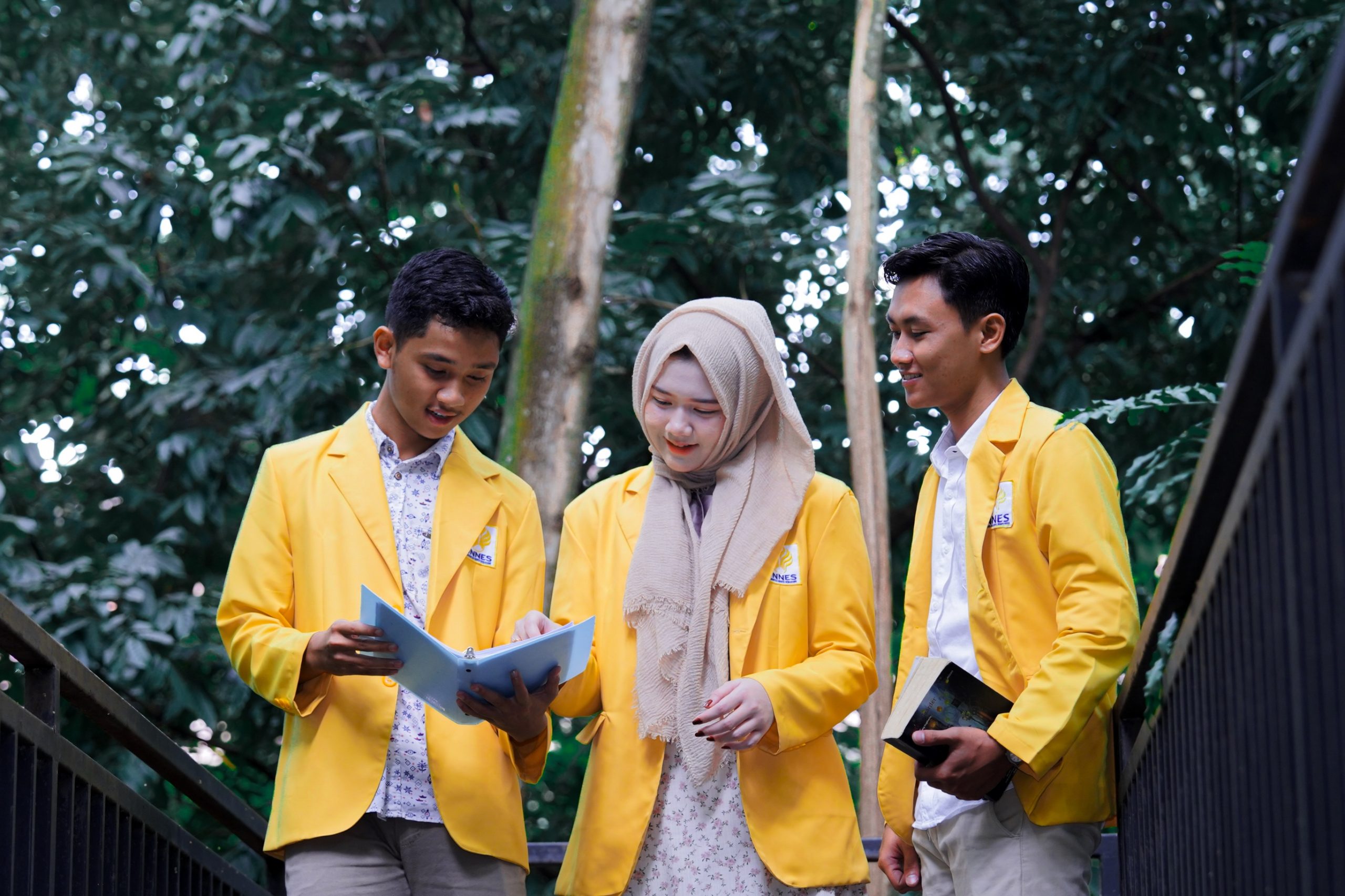Era disrupsi merupakan era perkembangan Teknologi Informasi dan Komunikasi (TIK) yang sangat cepat hingga mengganggu (disrupt) kenyamanan dan kemapanan banyak pranata sosial lama. Salah satu yang diganggu adalah lembaga pendidikan, termasuk di dalamnya Lembaga Pendidikan Tenaga Kependidikan (LPTK). Seiring dengan dorongan untuk merevitalisasi LPTK yang diarahkan oleh pemerintah, salah satunya dengan membuka program Pendidikan Profesi Guru (PPG) Prajabatan, LPTK juga menghadapi tantangan baru yang belum pernah dihadapi sebelumnya.
Maka, sebagai inisiasi dalam mengkaji tantangan tersebut, Fakultas Ilmu Pendidikan menyelenggarakan Seminar yang bertema “Menatap Masa Depan LPTK di Era Inovasi Disrupsi”. Prof. Dr. Waras Kamdi, M.Pd dari UNM Malang dan Prof. Dr. Fahruddin, M.Pd dari FIP UNNES hadir sebagai pembicara seminar.
Prof. Kamdi sebagai pembicara pertama memaparkan kondisi LPTK di tengah era disrupsi. Beliau mengawali dengan gelombang revolusi industri 4.0 tidak terbendung lagi dan mengakibatkan perubahan-perubahan yang disruptif dalam berbagai bidang, termasuk dalam bidang pendidikan. Digitalisasi pendidikan menciptakan ruang-ruang kelas di internet, menghadirkan “kampus-kampus maya” dengan praktik pembelajaran yang berbeda dengan pendidikan yang konvensional.
Bisa dibayangkan, jika seseorang ingin belajar ilmu pendidikan, perekonomian makro, sastra, ataupun keterampilan-keterampilan spesifik hari ini, ia tidak perlu mendaftar dan menjadi mahasiswa di sebuah kampus. Yang dibutuhkan adalah literasi digital yang cukup untuk mengakses sumber-sumber pengetahuan maupun keterampilan di internet. Dapat dikatakan, Internet menyediakan ruang dan sumber belajar yang hampir tidak terbatas.
Hadirnya “kampus-kampus maya” dengan konten pembelajaran yang spesifik, interaktif dan berkualitas, dengan aksesibilitas yang melampaui batas-batas negara, serta dengan berbagai fleksibilitas yang melekat padanya, mau tidak mau mengharuskan para stakeholder di LPTK merespon dengan menentukan langkah-langkah progresif yang harus diambil. Terlebih, bersamaan dengan gelombang revolusi industri 4.0, Indonesia dihadapkan dengan fenomena bonus demografi yang di dalamnya identik dengan Gen-Z (generasi Z, lahir di zaman internet) dengan berbagai problem karakternya.
Prof. Fakhruddin melihat LPTK di tengah pusaran disrupsi dari sudut pandang yang berbeda. Ia menekankan bahwa era disrupsi, sebagai sejarah yang tak terhindarkan, harus dipandang sebagai peluang besar bagi LPTK untuk melakukan berbagai langkah inovatif. Untuk itu beliau menyerukan kepada setiap civitas akademia di LPTK agar tidak terlena, nyaman, dan puas dengan pencapaiannya sekarang. Namun tidak cukup hanya dengan tidak puas saja.
Dalam gelombang perubahan yang disruptif ini, civitas akademia juga diharapkan untuk memperkuat etos kerja dan bekerja secara konsisten untuk mencari dan menghasilkan temuan-temuan baru yang monumental. Maka, setiap civitas akademia (dan guru) perlu untuk memiliki kualitas untuk menjadi planner, inovator, motivator, personal capability, dan developer.
Respon dalam menghadapi era disrupsi tidak cukup pada ranah personal saja namun juga ranah strategis kelembagaan. Untuk itu LPTK perlu untuk melakukan langkah-langkah berikut: 1) mendefinisikan ulang implementasi arah pendidikan. 2) pembenahan sistem rekrutmen calon guru. 3) Integrasi PPG ke dalam program LPTK. 4) Pendidikan keguruan berbasis riset dan pengalaman mengajar. 5) pembekalan wawasan budaya. 6) Revitalisasi kurikulum. 7) Sinkronisasi LPTK dengan Kemendikbud. 8) Optimalisasi laboratorium pembelajaran. (Abdul Haris Fitri Anto)



